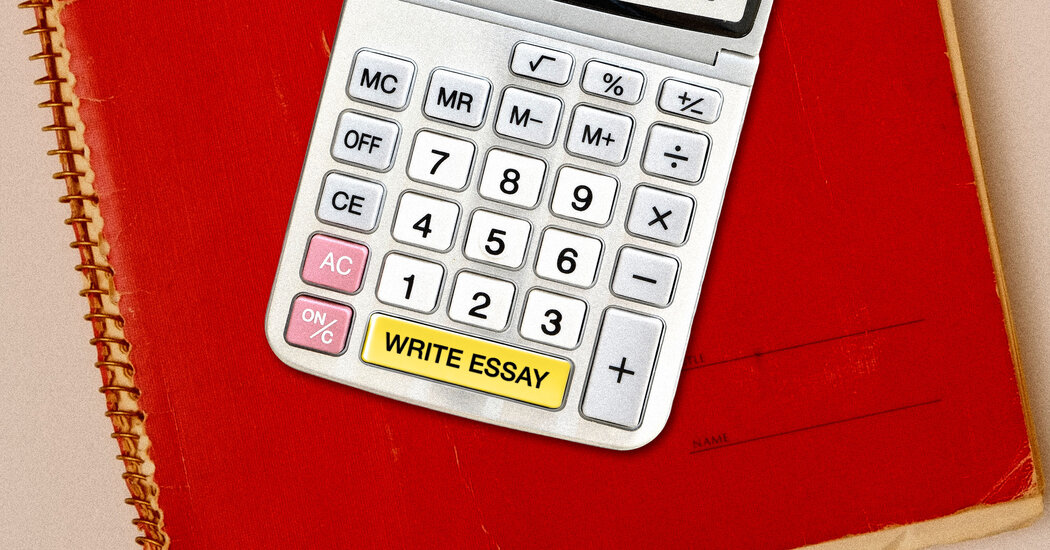
Opinion | A.I. Will Change Education. Don’t Let It Worsen Inequality. – The New York Times
One way has been to change how they teach. Rather than listen to a lecture in class and then go home to research and write an essay, students listen to recorded lectures and do research at home, then write essays in class, with supervision, even collaboration with peers and teachers. This approach is called flipping the classroom.
In flipped classrooms, students wouldn’t use ChatGPT to conjure up a whole essay. Instead, they’d use it as a tool to generate critically examined building blocks of essays. It would be similar to how students in advanced math classes are allowed to use calculators to solve complex equations without replicating tedious, previously mastered steps.
Teachers could assign a complicated topic and allow students to use such tools as part of their research. Assessing the veracity and reliability of these A.I.-generated notes and using them to create an essay would be done in the classroom, with guidance and instruction from teachers. The goal would be to increase the quality and the complexity of the argument.
This would require more teachers to provide detailed feedback. Unless sufficient resources are provided equitably, adapting to conversational A.I. in flipped classrooms could exacerbate inequalities.
In schools with fewer resources, some students may end up turning in A.I.-produced essays without obtaining useful skills or really knowing what they have written. “Not truth but only the semblance of truth,” as Plato said.
Some school officials may treat this as a problem of merely plagiarism detection and expand the use of draconian surveillance systems. During the pandemic, many students were forced to take tests or write essays under the gaze of an automated eye-tracking system or on a locked-down computer to prevent cheating.
In a fruitless arms race against conversational A.I., automated plagiarism software may become supercharged, making school more punitive for monitored students. Worse, such systems will inevitably produce some false accusations, which damage trust and may even stymie the prospects of promising students.
This content was originally published here.


